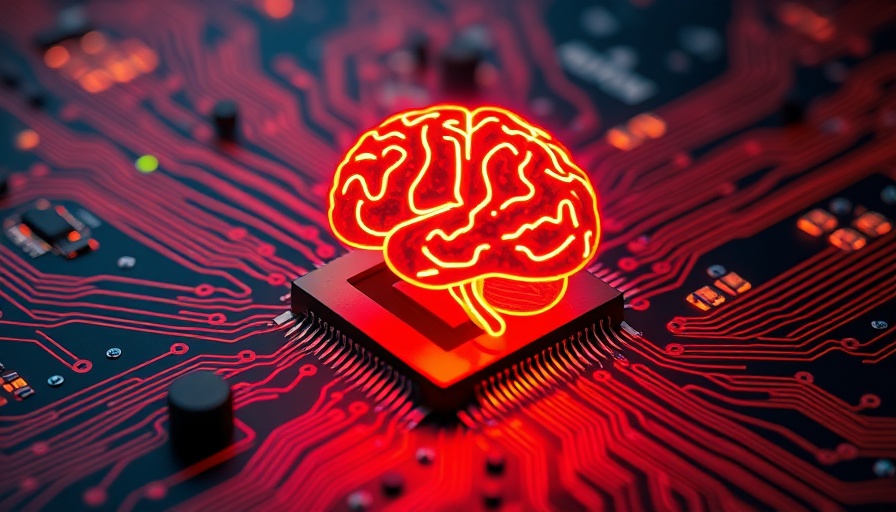
Understanding the Copyright Risks in Generative AI
The landscape of artificial intelligence (AI) is transforming industries, including veterinary clinics, but it isn’t without its pitfalls, particularly regarding copyright compliance. Recently, the United States Copyright Office released a report detailing the potential legal risks associated with the use of copyrighted materials in training generative AI technologies. It identifies critical concerns at each phase of AI development, indicating a need for veterinary clinic owners and managers to tread carefully when integrating these powerful tools.
The Stages of AI Development: Legal Implications
According to the Copyright Office's findings, copyright issues can arise at various stages of generative AI development, particularly during:
- Data Collection and Curation: The assembly of training datasets that include copyrighted works may infringe on the right of reproduction, which is one of the exclusive rights granted under copyright law. Veterinary clinics using AI for marketing or client engagement must be particularly vigilant about the sources of their data.
- Training Processes: Interestingly, the training phase itself can involve creating multiple copies of copyrighted materials, a crucial fact that challenges the notion that generative AI does not copy information. This aspect could be particularly relevant to veterinary practices exploring subscription models for AI-driven insights into client needs or case analysis.
- Content Generation: Generative AI might produce text or images that are strikingly similar—if not identical—to copyrighted works. For a veterinary clinic, this could mean that automated social media posts could inadvertently infringe on another's intellectual property.
Policy Predictions and Future Considerations
The Copyright Office report also raises the thorny question of whether AI training can be considered transformative, a key argument in fair use debates. Unlike human learning, which consumes information to create new insights, AI models don’t always distinguish between copying and learning from copyrighted content. For vet practitioners considering AI's ability to generate client communication or marketing content, this is a critical insight. It highlights the necessity for ongoing consultations with legal experts to navigate the murky waters of copyright law.
Transformative Use: A Double-Edged Sword
While some actions involving copyrighted works may qualify as transformative, the report contends that many uses cited in the AI community do not meet this threshold. This places additional pressure on veterinary clinics aiming to adopt AI solutions—ensuring that any content produced adds real value rather than merely replicating existing material. For instance, if an AI tool generates a report for a pet’s health based on past data, it may need to synthesize that information accurately and uniquely without directly copying from proprietary resources.
Conclusion: Caution and Compliance are Key
As the U.S. Copyright Office emphasizes, there exists a legal risk in every corner of AI technology development. For veterinary clinic owners, this is a clarion call to prioritize copyright compliance. By understanding the intricacies of AI-related copyright issues, clinics can better leverage technology to optimize operations while safeguarding against potential legal ramifications.
With the adoption of innovative technologies like generative AI in the veterinary field, it is imperative to stay informed and proactive. Join the discussion and explore how your clinic can successfully navigate these challenges while maximizing operational efficiencies.
 Add Row
Add Row  Add
Add 

 Add Row
Add Row  Add Element
Add Element 




Write A Comment